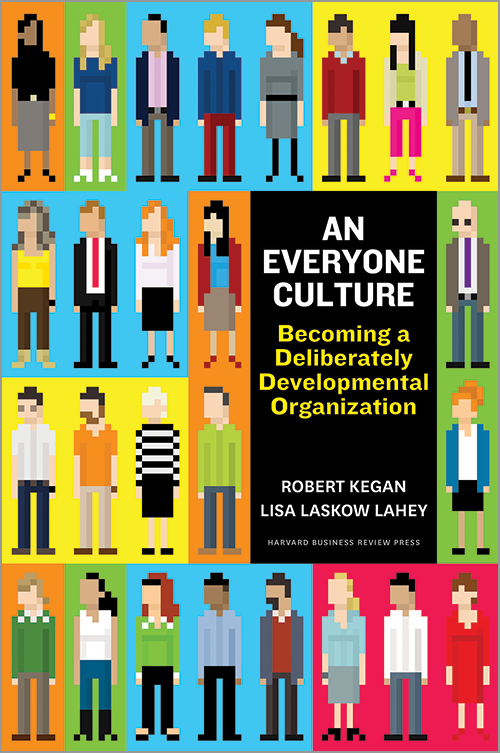
Recruitment is a sales business. And most people start working in sales for one reason only. Money. Some will find purpose as their experience grows and they are able to provide ever-improving customer service. However, only a tiny percentage of recruitment companies would select you after an interview without any expressed desire for financial gain. Most newcomers have seen, or heard tale of, the potential to earn more than their basic salary. An opportunity to achieve financial goals quickly and save for some of the more substantial purchases that lie ahead.
Recruitment can certainly bring high reward to those who master the role; however, this is not something that can be achieved consistently without an ongoing formal training programme supporting consultant development. Time restrictions, company size and available resource, often mean that training in recruitment companies consists of short bursts of input, in many instances, light touch and transactional. Many first week training sessions are a one-size-fits-all pre-package of information delivered, through necessity, at a pace that brings intellectual indigestion. Rarely do they extend beyond a day or two in a structured learning environment. Often this is the last formal training consultants receive, falling off the post-induction cliff and unlikely to receive training again, even when they reach the level of managing a team. At this point, the motivation from future promise of elevated income often fades, as the reality of the challenge faced without support becomes apparent. It is now only a matter time before you leave to seek a better supported opportunity elsewhere.

So how much do we really expect consultants to learn when we don’t have the time or structure to deliver robust education and instead rely on generic single delivery in their new supposed specialism. There are several variables when looking at the subject of training retention percentages, such as quality of delivery and learner intellect. However, two generally accepted ranges are as follows:
- After 24 hours, trainees will retain between 20% and 30% of the information delivered.
- After 1 week, trainees will retain only 10%-15% of the information delivered.
It is clear that single session training has limited value without practical application and re-visiting the subject. When training was delivered with specific action plan and revisited 2 days later, the knowledge retention figures were almost doubled, still allowing unacceptable losses of information. In the long run it is only those who are given the structure and content of continuous education within their working day, who will truly master recruitment. This has been proven to be the case throughout the sector regardless of company size or market.
Larger organisations are of course more likely to have the resources to fund a training department. As a result, they will see good retention levels early in a consultant careers. Following this up with clear learning path linked to growth and promotion brings further retention, often in cases where the company reputation is less than stellar in the industry. However, the individual has a lock on their growth and so stays loyal.
What we earn when working for somebody else is a monthly moment of joy (or otherwise). The rest of the days of the month are spent without financial reward and often leave you exhausted and without inspiration. We are inquisitive, ambitious beings who set out with a desire to learn and grow. Without that stimulus in our lives, motivation to move forward diminishes and we end up looking for the closest mental merry go round to crawl onto and spend our days existing.
Wherever recruitment businesses have designed learning journeys for each member of staff, the company thrives. The goal becomes to improve yourself and therefore improve the service you provide. As a result, the client and candidates who engage with the company receive ever improving customer service. And we all know what happens to revenue in a business when customer service is placed at the top of your list of priorities. This virtuous circle continues to turn to the point where the impact of delivering learning now brings financial reward to recruiters, not as a result of working in a transactional manner, but instead, because they are working to improve their skill set. The money has become a by-product of learning. The motivation moves from single event exploitation to ongoing education once the full cycle has been experienced.

In their book ‘An Everyone Culture’, Robert Kegan and Lisa Lahey have found and studied companies where the culture is such that everyone is focussed on overcoming their weaknesses through learning. They call these businesses Deliberately Developmental Organizations (DDOs). A DDO is organised around the simple but radical conviction that organisations will best prosper when they are more deeply aligned with people’s strongest motive, which is to grow. This methodology brings outstanding results, including clarity of purpose, peer interaction, customer satisfaction and of course, personal growth.
Imagine how the collective mindset would change, if learning journeys were measured and praised as much as sales activity in weekly meetings. We all learn every day from the things that happen to us and around us. By codifying the process, you elevate interest levels and set the corporate mindset to retention. As a result, there is an ongoing collective intellectual evolution that raises your corporate IQ, your quality of service and your bottom-line profits.
